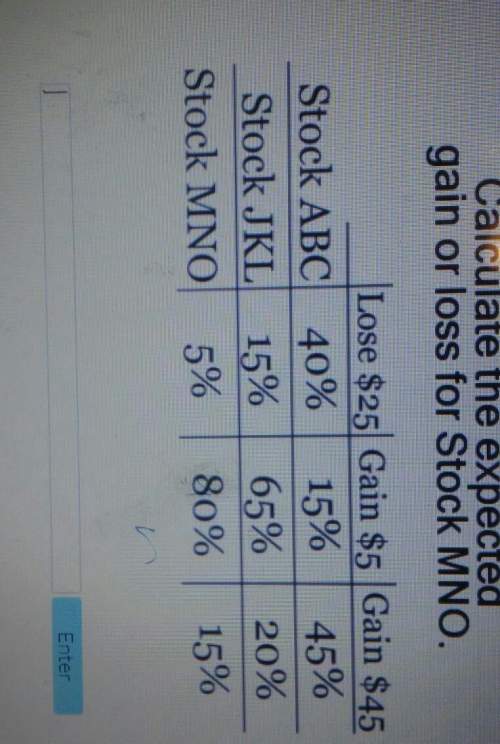Match the word to the definition.
1. antagonist
implied meanings behind the dictionary defin...

Match the word to the definition.
1. antagonist
implied meanings behind the dictionary definitions of words
2. chronological
the person who opposes the protagonist
3. climax
the turning point of a story
4. connotation
a story that is told in an actual time sequence

Answers: 2


Another question on English

English, 21.06.2019 15:30
Chicago by carl sandburg hog butcher for the world, tool maker, stacker of wheat, player with railroads and the nation's freight handler; stormy, husky, brawling, city of the big shoulders: they tell me you are wicked and i believe them, for i have seen your painted women under the gas lamps luring the farm boys. and they tell me you are crooked and i yes, it is true i have seen the gunman kill and go free to kill again. and they tell me you are brutal and my reply is: on the faces of women and children i have seen the marks of wanton hunger. and having answered so i turn once more to those who sneer at this my city, and i give them back the sneer and say to them: come and show me another city with lifted head singing so proud to be alive and coarse and strong and cunning. flinging magnetic curses amid the toil of piling job on job, here is a tall bold slugger set vivid against the little soft cities; fierce as a dog with tongue lapping for action, cunning as a savage pitted against the wilderness, bareheaded, shoveling, wrecking, planning, building, breaking, rebuilding, under the smoke, dust all over his mouth, laughing with white teeth, under the terrible burden of destiny laughing as a young man laughs, laughing even as an ignorant fighter laughs who has never lost a battle, bragging and laughing that under his wrist is the pulse. and under his ribs the heart of the people, laughing! laughing the stormy, husky, brawling laughter of youth, half-naked, sweating, proud to be hog butcher, tool maker, stacker of wheat, player with railroads and freight handler to the nation. which type of figurative language does the poet use most often in "chicago"? a. rhyme b. simile c. metaphor d. personification
Answers: 2

English, 21.06.2019 23:00
Read the excerpt from a supporting opinion of the supreme court’s ruling in plessy v. ferguson, 1896. laws permitting, and even requiring, their separation in places where they are liable to be brought into contact do not necessarily imply the inferiority of either race to the other, and have been generally, if not universally, recognized as within the competency of the state legislatures in the exercise of their police power. how does this relate to the premises of brown v. board of education? the brown case addresses whether state legislatures are equipped to judge the quality of education offered at segregated schools. the brown case addresses whether authorities believe that one race is inferior to another when creating public schools. the brown case addresses whether these laws inherently deny certain citizens equal protection under the law. the brown case addresses the legality of using police power to monitor public places separated by race.
Answers: 3

English, 22.06.2019 03:30
Does anyone know the answers to k12 1.18 unit test: the power of poetry (need answers asap)all the questions are here:
Answers: 1

English, 22.06.2019 05:50
[1] nothing that comes from the desert expresses its extremes better than the unhappy growth of the tree yuccas. tormented, thin forests of it stalk drearily in the high mesas, particularly in that triangular slip that fans out eastward from the meeting of the sierras and coastwise hills. the yucca bristles with bayonet-pointed leaves, dull green, growing shaggy with age like an old [5] man's tangled gray beard, tipped with panicles of foul, greenish blooms. after its death, which is slow, the ghostly hollow network of its woody skeleton, with hardly power to rot, makes even the moonlight fearful. but it isn't always this way. before the yucca has come to flower, while yet its bloom is a luxurious, creamy, cone-shaped bud of the size of a small cabbage, full of sugary sap. the indians twist it deftly out of its fence of daggers and roast the prize for their [10] own delectation why does the author use the words "bayonet-pointed" (line 4) and "fence of daggers" (line 9) to describe the leaves of the yucca tree? . to create an image of the sharp edges of the plant to emphasize how beautiful the plant's leaves are to explain when and where the plant grows to show how afraid the author is of the plant
Answers: 1
You know the right answer?
Questions

Biology, 20.09.2020 07:01

Social Studies, 20.09.2020 07:01

History, 20.09.2020 07:01

Mathematics, 20.09.2020 07:01

Biology, 20.09.2020 07:01

Mathematics, 20.09.2020 07:01

Health, 20.09.2020 07:01

Physics, 20.09.2020 07:01

English, 20.09.2020 07:01



Chemistry, 20.09.2020 07:01

Mathematics, 20.09.2020 07:01


Chemistry, 20.09.2020 07:01



Mathematics, 20.09.2020 07:01

English, 20.09.2020 07:01

Social Studies, 20.09.2020 07:01




